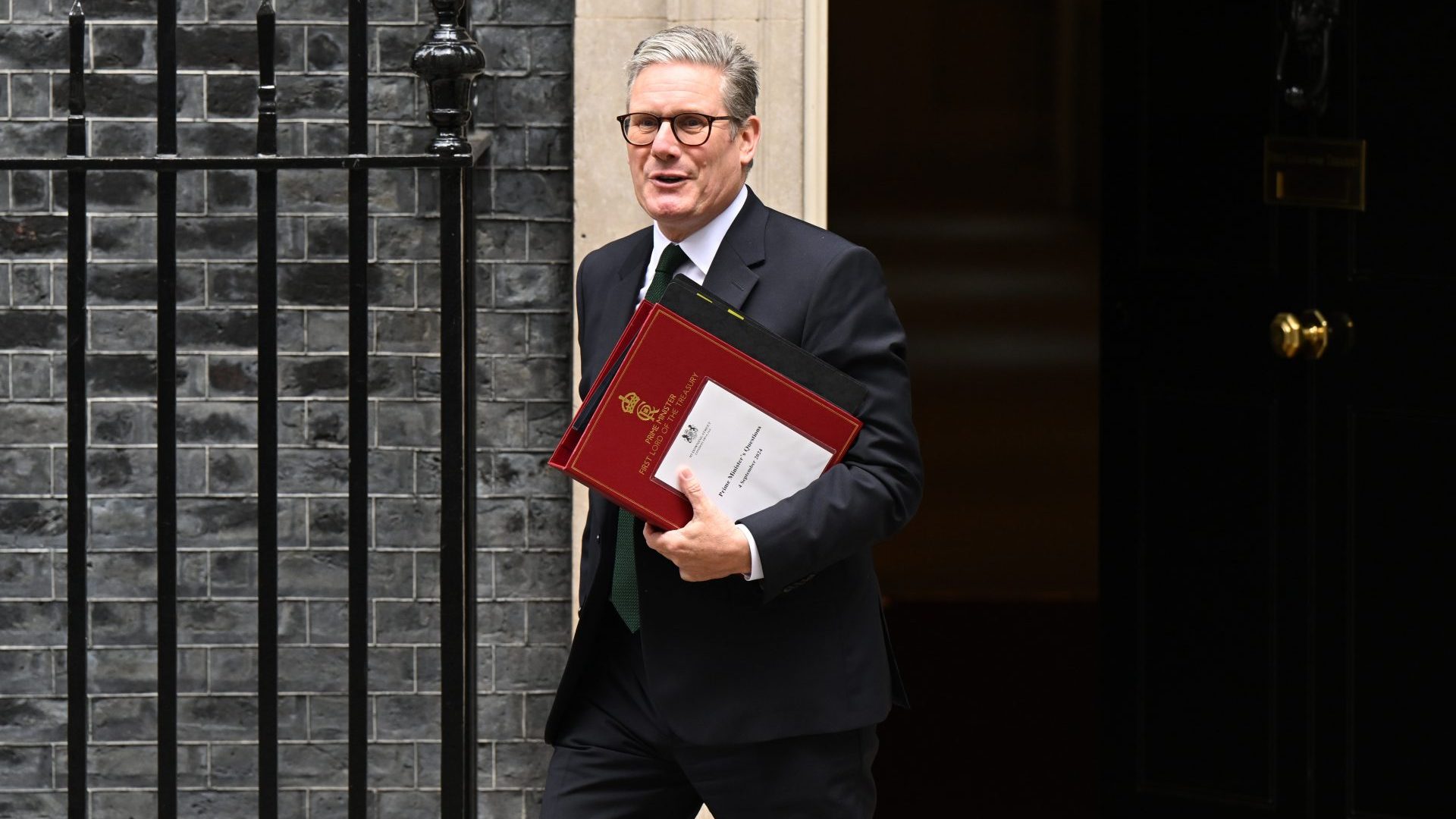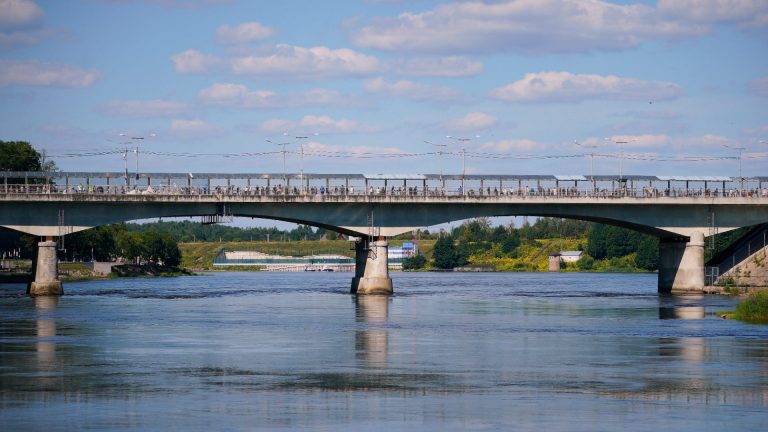Anyone who has been in politics for more than five minutes knows that the Treasury is packed full of traps – “good” policies that could easily become political disasters. These can be unfair- or overly-complicated taxes (or tax breaks), badly allocated spending, or any one of a dozen other things.
But just knowing about the existence of these landmines is not nearly enough to avoid them. George Osborne’s infamous “pasty tax” was one of these – a longstanding and weird quirk of VAT that was a rounding error when compared to the size of the UK state, which nonetheless derailed one of his budgets entirely.
With the Winter Fuel Allowance, though, Rachel Reeves seems to have hurled the government onto a much larger landmine, and to have done it knowingly and willingly. Scrapping the Winter Fuel Allowance is unpopular, including with Labour MPs, members and voters. It has given the Conservatives a clear attack line on the new government. It will be a story through the winter, if it is enacted. And Labour seems incapable of clearly selling why it’s doing it.
There is a technocratic case for scrapping Winter Fuel Allowance as a universal benefit. It goes to pensioners regardless of their wealth and there is no restriction on its use – millionaires with no trouble heating their house get it just as surely as a pensioner in poverty.
Poverty rates are lower among pensioners than any other group in society. Winter Fuel Allowance was introduced by Gordon Brown at a time when pensions were rising slowly: it was a way to get more credit for giving a decent but not huge sum, without committing to uprating pensions each year at a higher rate. It was a political giveaway with a very savvy name.
The state pension will go up by £400 this year, the latest in a long run of generous increases since the Conservatives introduced the Triple Lock – meaning pensions go up at the rate of inflation, wages, or 2.5%, whichever is highest. Pensioners are thus guaranteed to do at least as well (and often better) than working adults. The world is very different from the era in which Winter Fuel Allowance was introduced, and so for a government short on cash, this does look like a sensible way to reclaim around £1.5 billion a year.
And yet all of this counts for little, not least because no-one wants to think of a vulnerable old person freezing to death – and this does happen every winter. Almost all of us know about older adults who are reluctant to turn on the heating because of what it might cost, to the detriment of their own health.
The cost of electricity and gas has rocketed over the last few years, and will rise again this winter. The government is keeping Winter Fuel Allowance for poorer pensioners, who receive pension credit, but more than 800,000 pensioners who are poor enough to be entitled to this don’t actually claim it.
The government has promised extra help to make sure those entitled to pension credit receive what they are due – which would be a huge boon to those households, worth around £4,000 a year, as well as allowing them to continue getting Winter Fuel Allowance. But it is already September and there is not much sign of that scheme. Signing up to new benefits is a complex process and often a slow one. Labour might be confident it can meaningfully reduce that 800,000 figure, but specialist organisations working in the sector are not.
The political handling of this situation looks woeful, and it has left Labour MPs from different factions of the party despairing. Labour has spent all summer with nothing other than this bad headline following it around “like a bad smell”.
New MPs are holding their first constituency surgeries only to hear time and again about Winter Fuel Allowance. Several (rightly) dread headlines about pensioners being hospitalised or worse while waiting for their pension credit claims to clear. The government has ensured that any old person falling ill or dying in a cold snap this winter will be made their direct responsibility.
There are no shortage of ways this policy could have been mitigated. Reeves could have announced that 2024 would be the last year in which Winter Fuel Allowance would be universal, giving the government a year to sort out making sure everyone who is entitled to pension credit has it in time.
It could have messaged the cut better – perhaps timing it alongside a budget, which Labour MPs are hoping has at least some crumbs of good news in it. Reeves and Starmer could actually make the case as to why they chose Winter Fuel Allowance when picking a cut.
At present, all either will say is that the Conservatives forced their hand due to the financial “black hole” they left behind. But there is almost £1 trillion a year in public spending, and this obviously was not the only choice.
The reality is that Reeves and Starmer realised this was a poorly-targeted benefit that often gives money to households that don’t need it – but they don’t want to make an argument against universal benefits, because this is wildly unpopular as a line of reasoning within the party.
They are left offering hollow justifications for an unpopular policy that no-one truly thinks is actually necessary. The reality is the party wanted to show it was willing to make genuinely difficult and unpopular choices early on, and hit on this as the bullet it was prepared to bite.
Many have talked hopefully of a u-turn on the policy, but that is looking less likely as Labour’s leadership have stuck to the schedule and still plan to vote it through on Tuesday.
There is an awareness at the top of Labour that Keir Starmer has suggested several policies that will be very contentious – such a building on the green belt and reforming planning to make it harder to block development.
If Labour builds a reputation for backing off decisions this early in its term, it will get nothing done. That leaves its pragmatists in the miserable situation of hoping Starmer sticks with a choice they think is stupid and even cruel, just in the hope that he might then actually get something good done later. To say this policy has been bad for morale would be a serious understatement.
Government is full of things that no-one touches because doing so causes a world of pain. Some of them need to be grasped firmly to guide the country out of its current malaise – but most don’t. Most of them just mean months of political misery, and potentially some serious human misery in the real world too. Just because it hurts doesn’t mean it works.
Whatever happens with Winter Fuel Allowance from here on out, Labour needs to pick its battles more carefully. Its ability to get things done in the next five years, let alone to win a second term, will depend on it.










